19 GPTs for Word Games Powered by AI for Free of 2025
AI GPTs for Word Games refer to advanced generative pre-trained transformer models specifically tailored for applications within the realm of word-based puzzles and games. These AI tools are designed to understand, generate, and interact with textual content in a manner that's highly relevant to word games, leveraging the power of natural language processing to provide creative, context-aware solutions and enhance user experience in gaming, learning, and entertainment contexts.
Top 10 GPTs for Word Games are: Connections Solver,Wordle Wizard,공포의 쿵쿵따,Anagram Generator,Wordle Master,Word Unscrambler,Word Of Mouth By Vocab,単語ウミガメ GPT,Hangman Daily,🧠 Crossword Clue Ace 📝
Connections Solver
AI-powered word puzzle solver.
Wordle Wizard
AI-powered assistant for Wordle mastery

공포의 쿵쿵따
Spooky twist on word chain fun
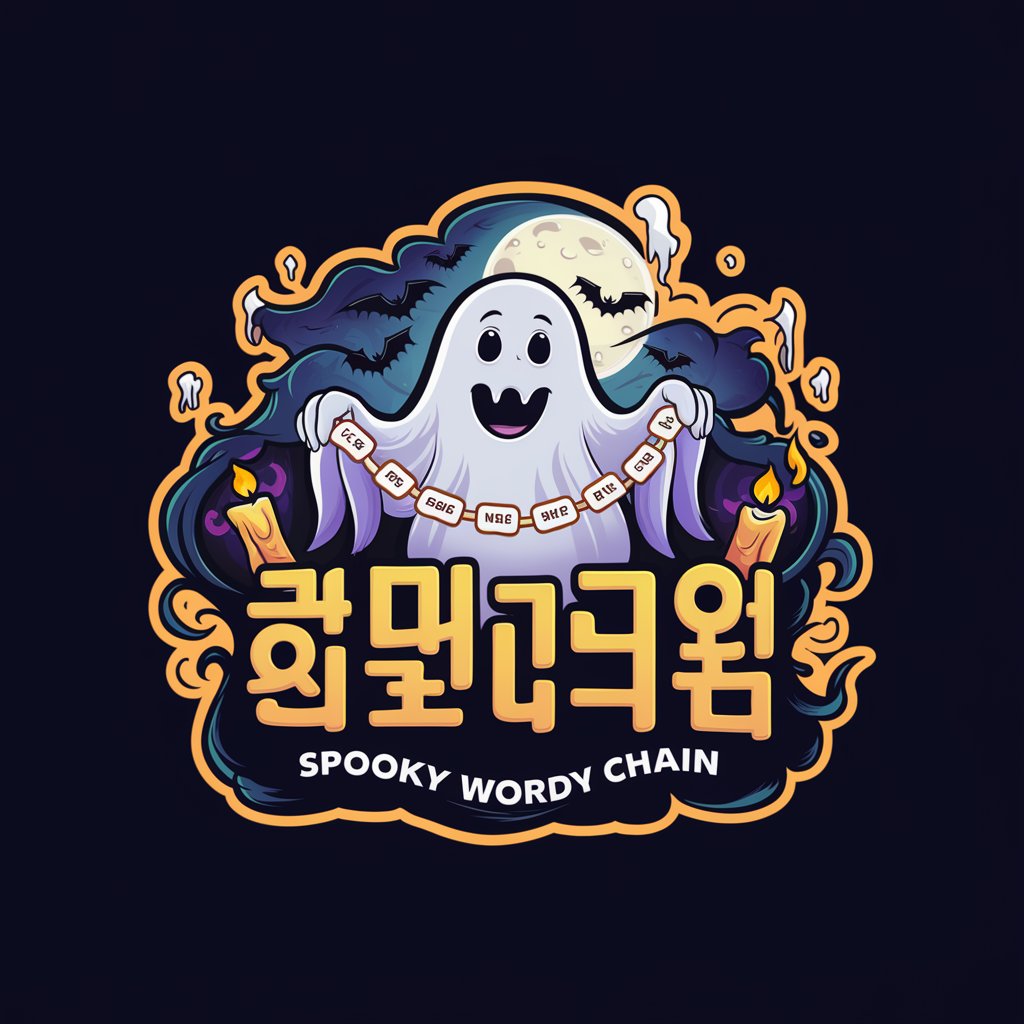
Anagram Generator
Unlock words' hidden stories with AI
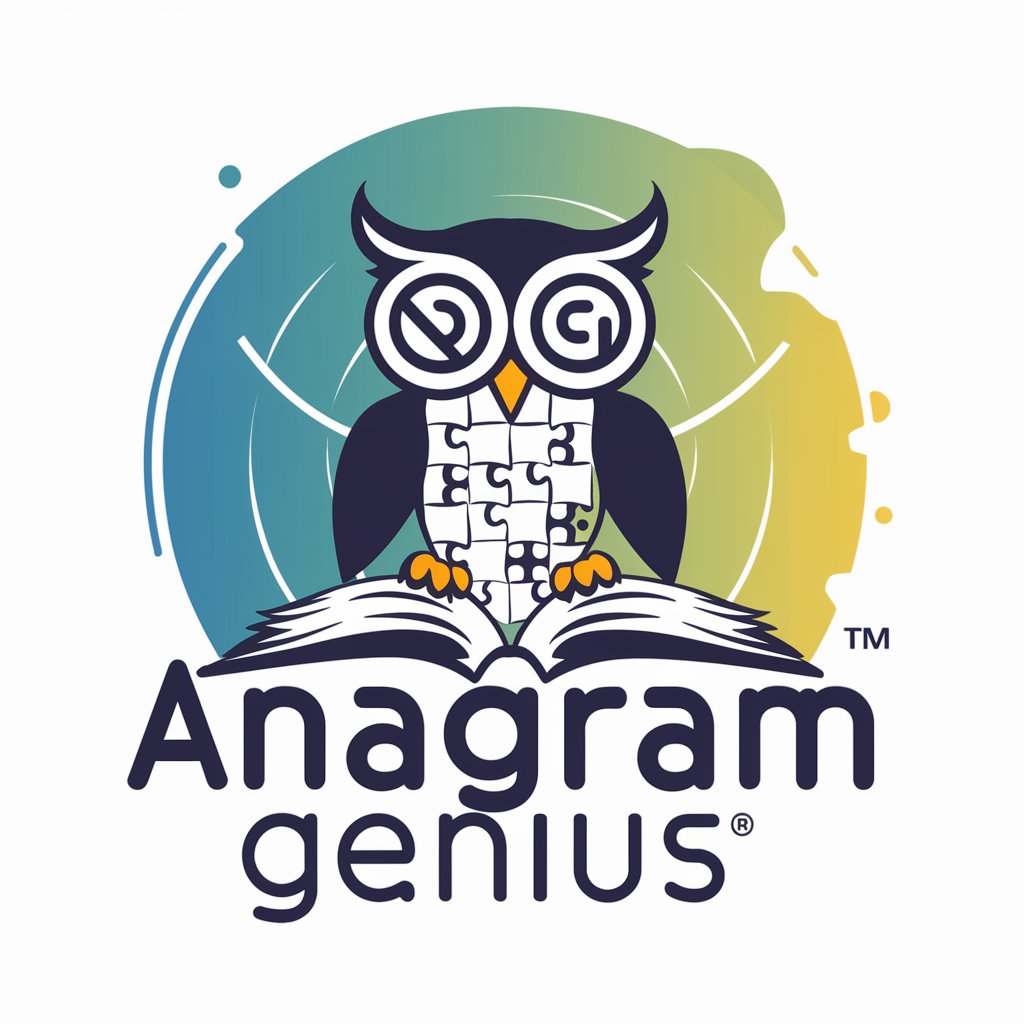
Wordle Master
Master words with AI-powered guidance
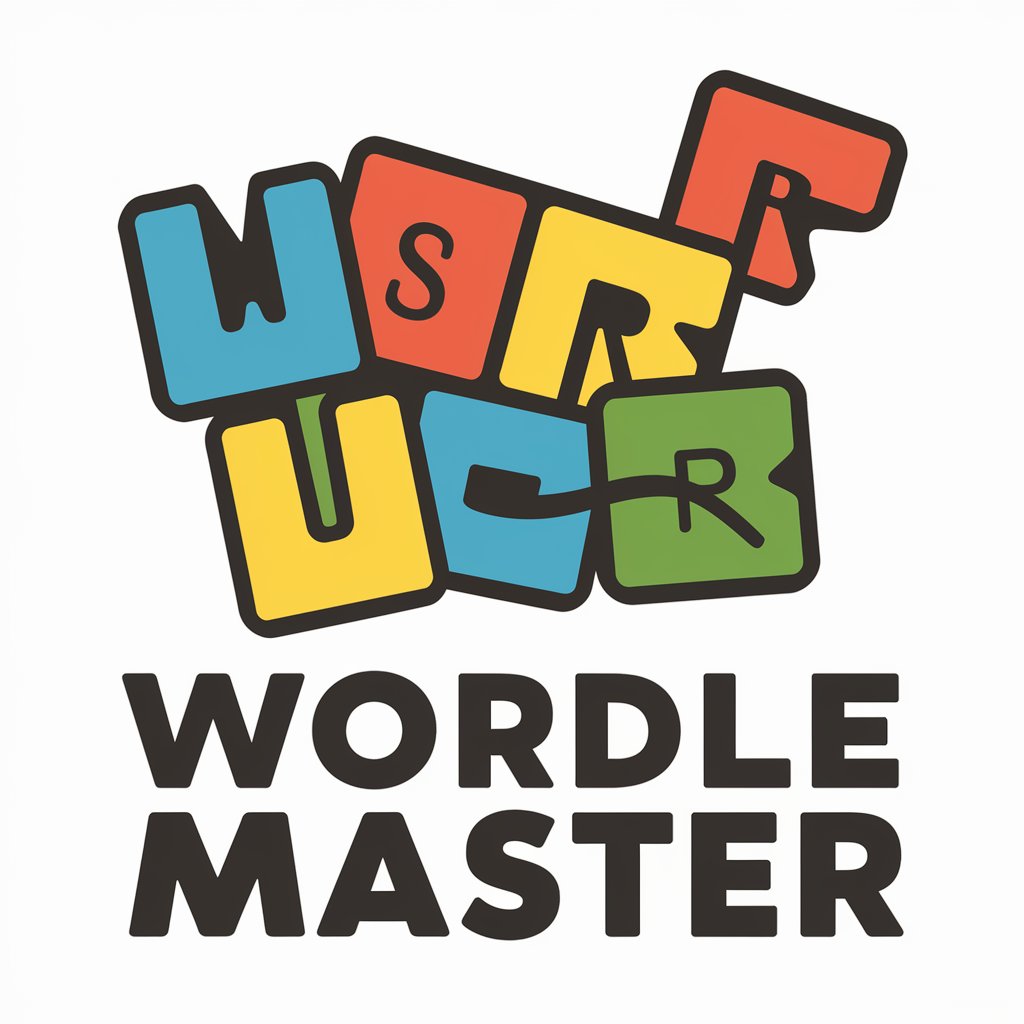
Word Unscrambler
Unlock words with AI-powered ease.
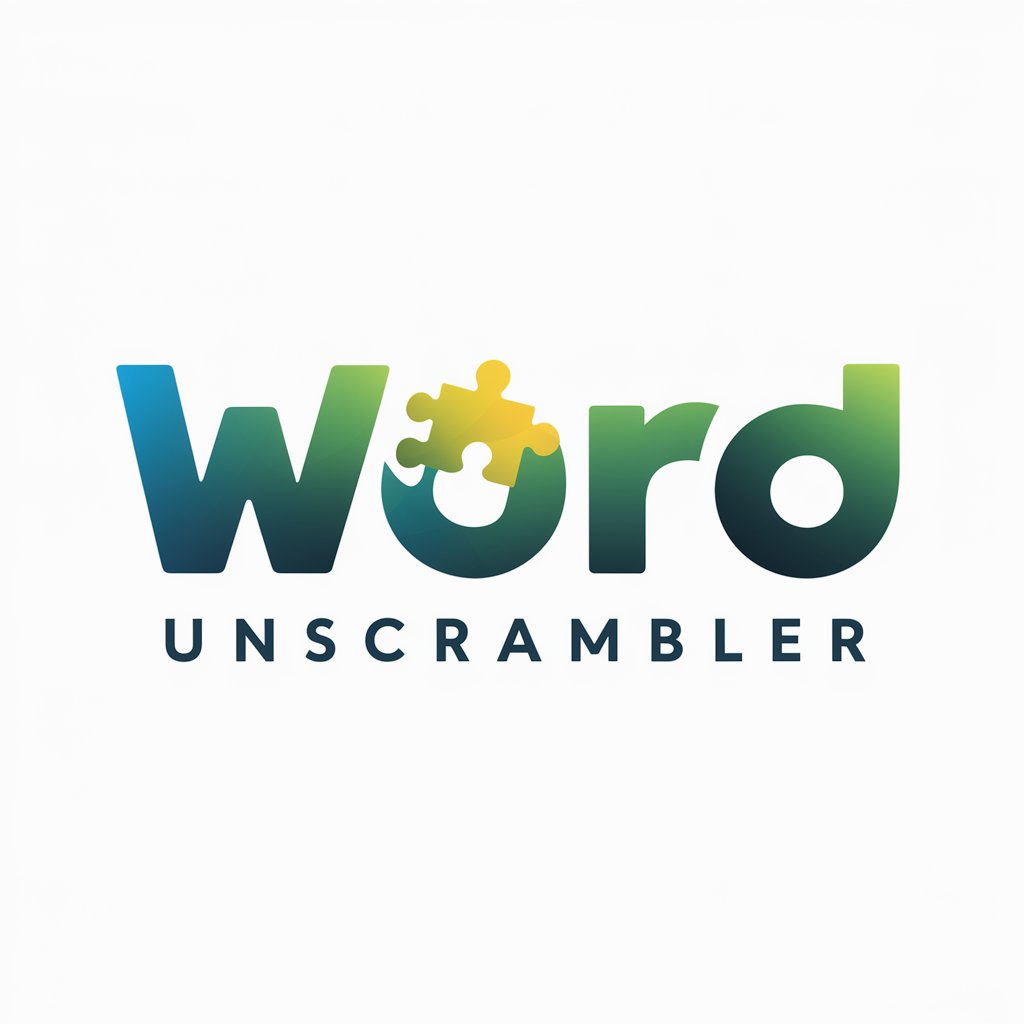
Word Of Mouth By Vocab
Spice up your language with AI-powered sass.
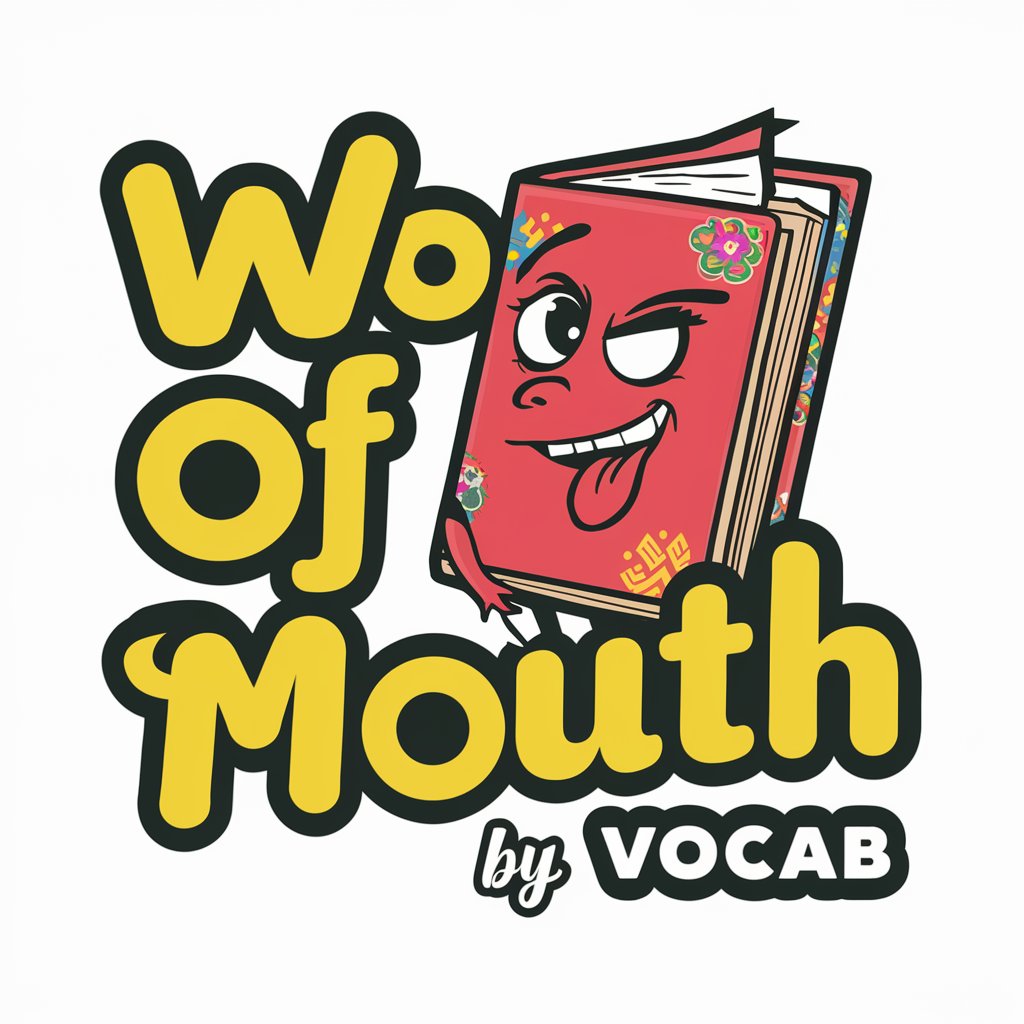
単語ウミガメ GPT
Guess words with AI-powered fun!
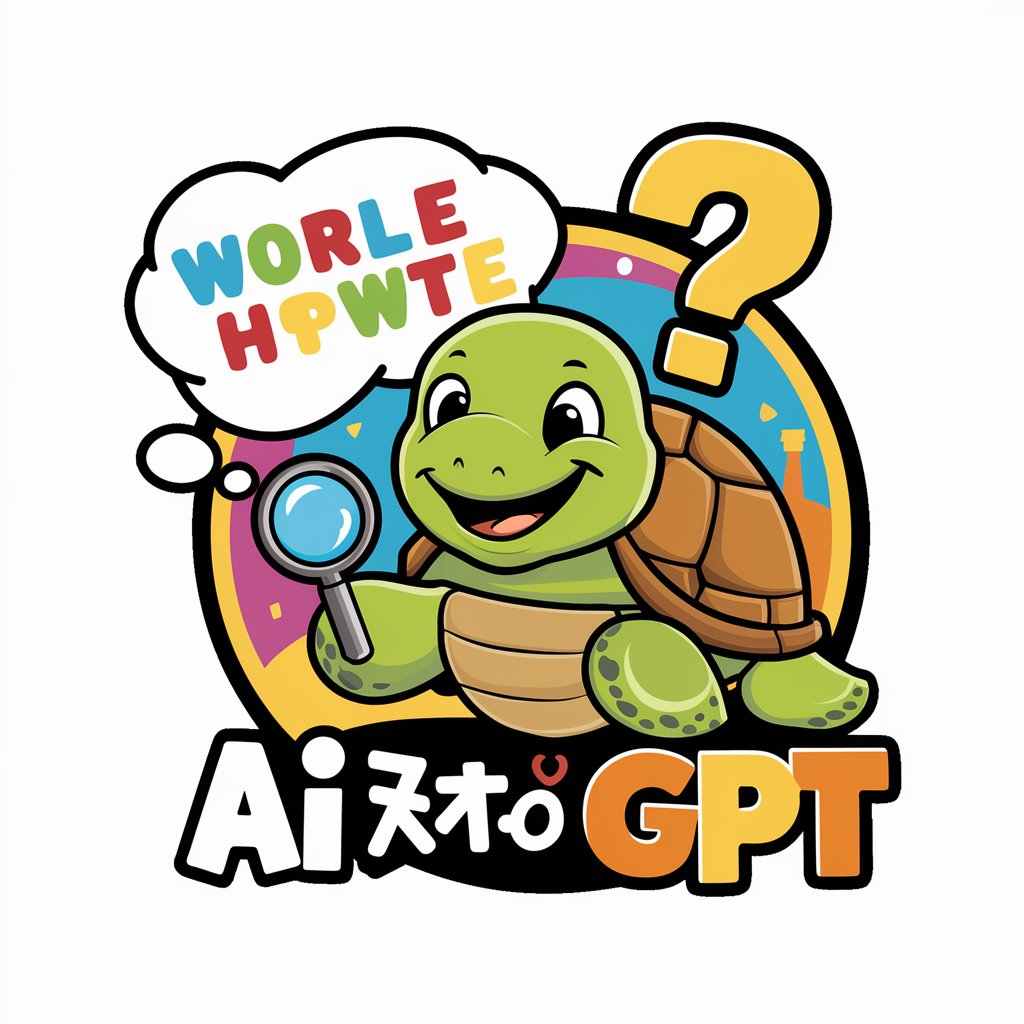
Hangman Daily
Solve daily puzzles, win lottery numbers.
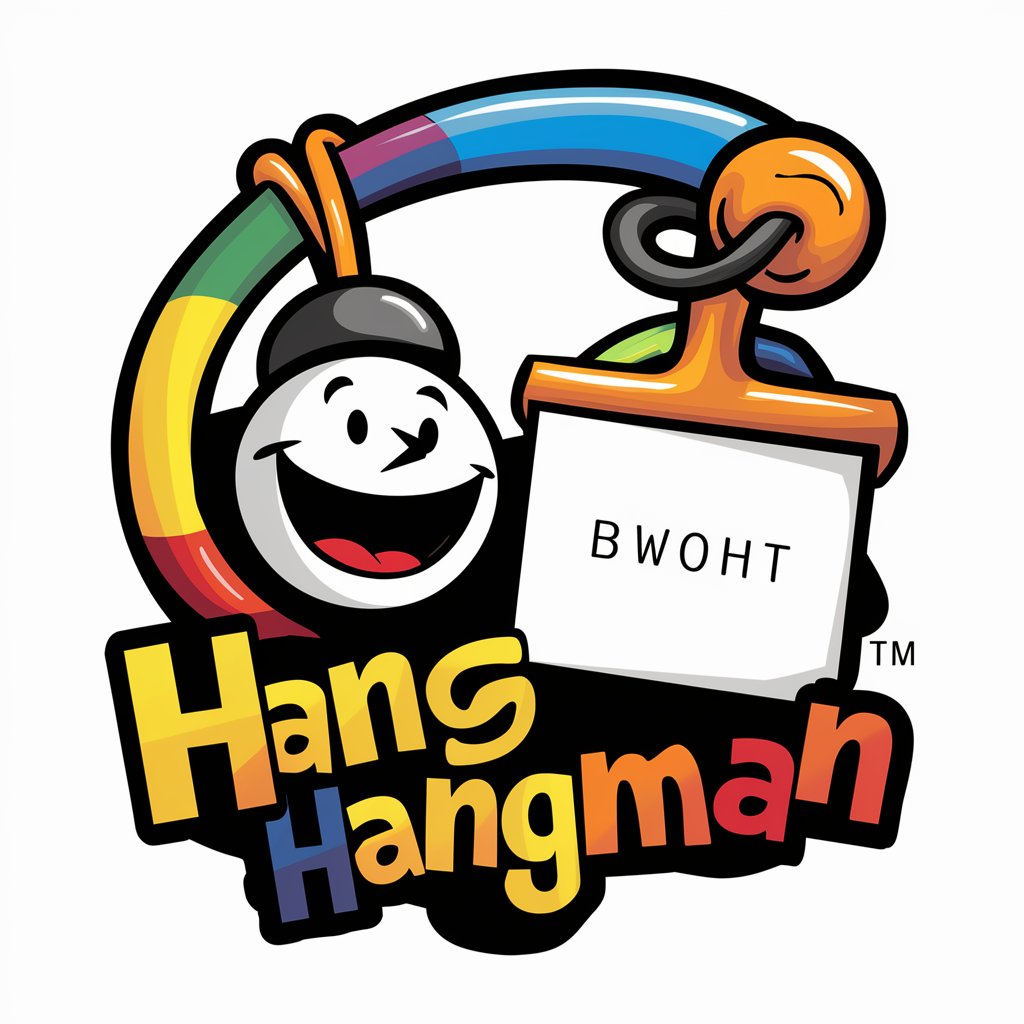
🧠 Crossword Clue Ace 📝
Solve puzzles faster with AI-powered help
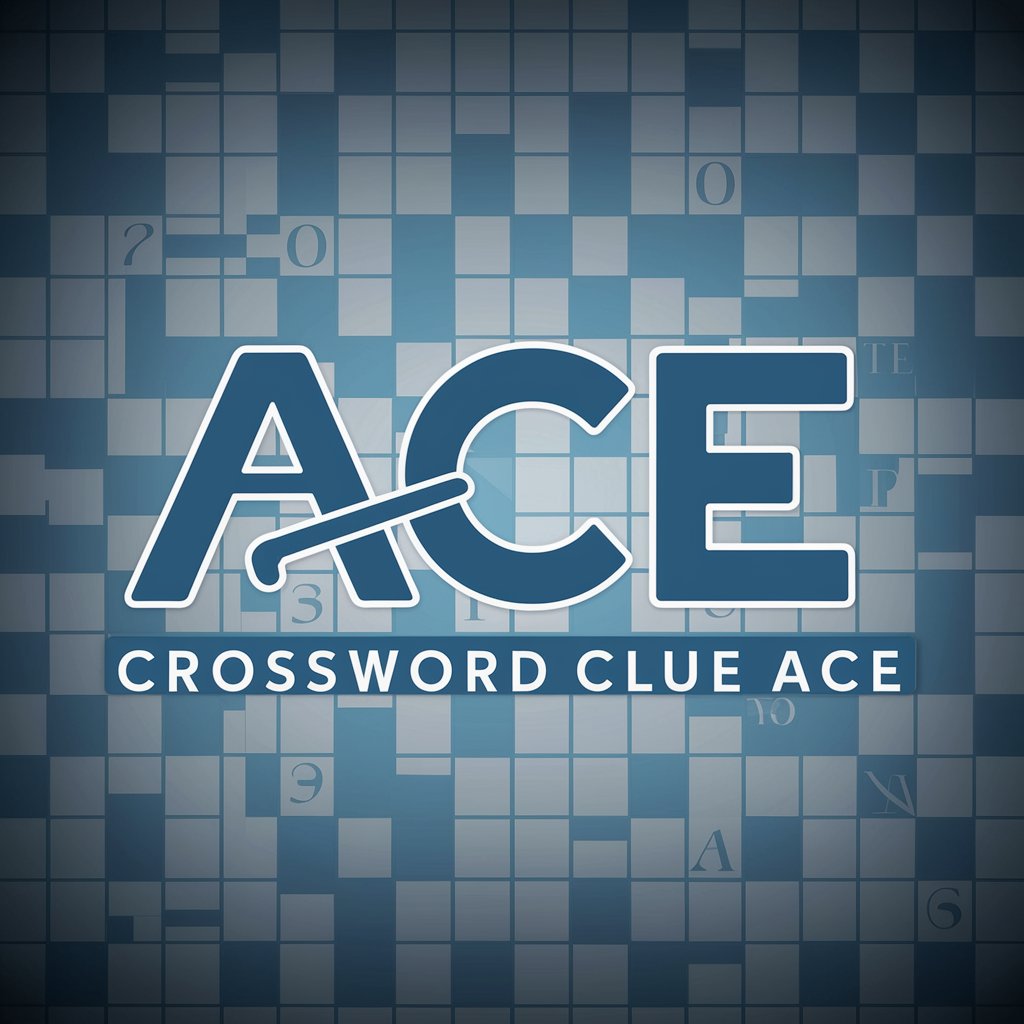
Wordle
Sharpen Your Mind with AI-Powered Word Puzzles
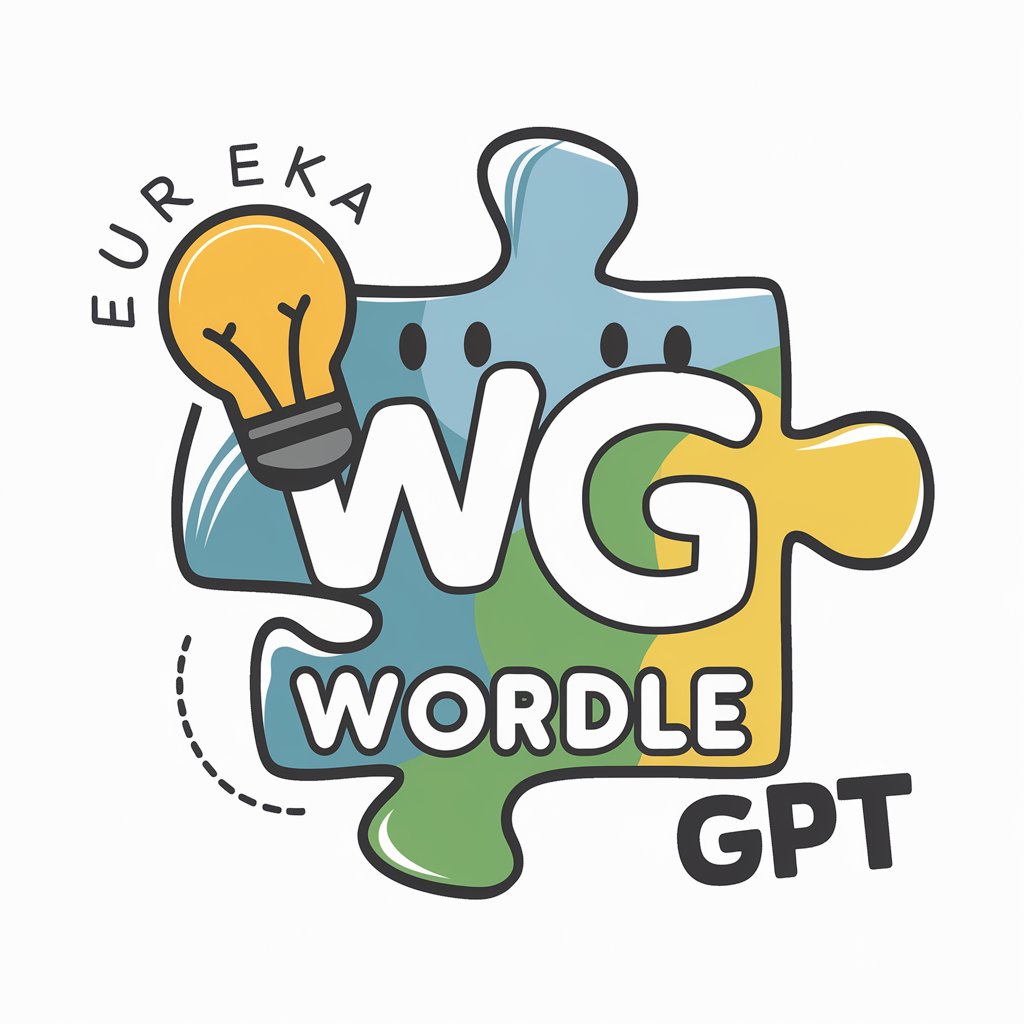
Santas Ho Ho Ho-cabulary
Deception, Words, and Santa’s Magic!
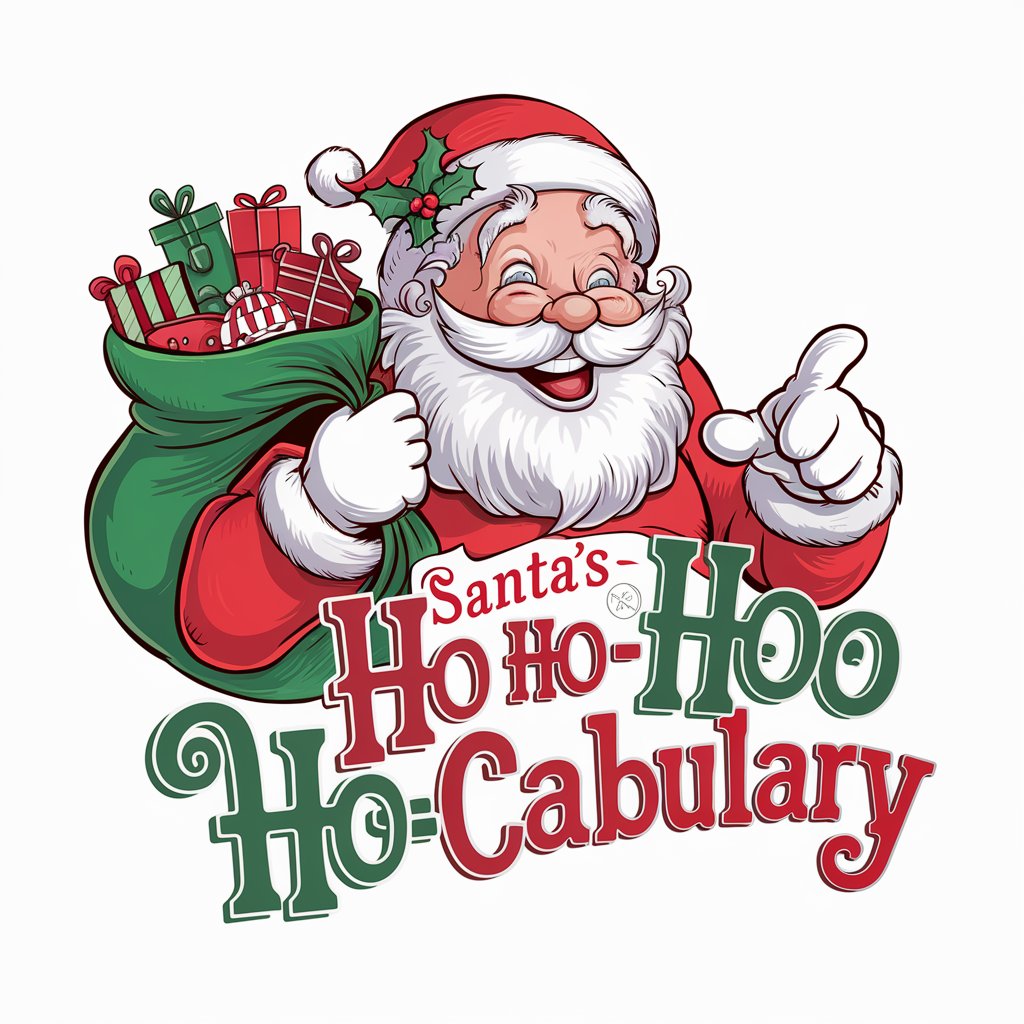
乐乐
Your delightful AI-powered companion
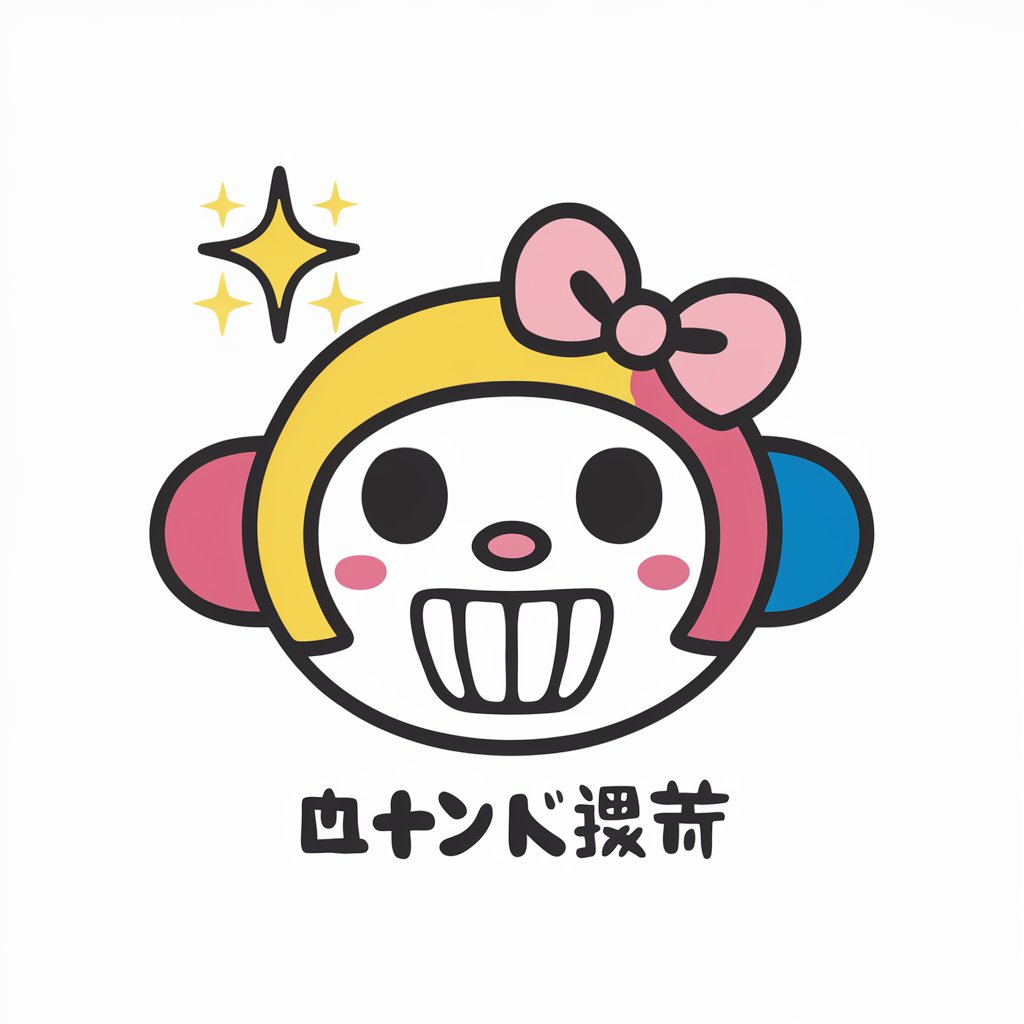
🎲 Mixed-up Tetris Hunt [GAME]
Craft words, sharpen your mind!
![🎲 Mixed-up Tetris Hunt [GAME] in GPT Store](https://r2.erweima.ai/i/3UeIrUNcRxmXx7w7Io3O0w.png)
Word Master
Master Words with AI-Powered Hangman
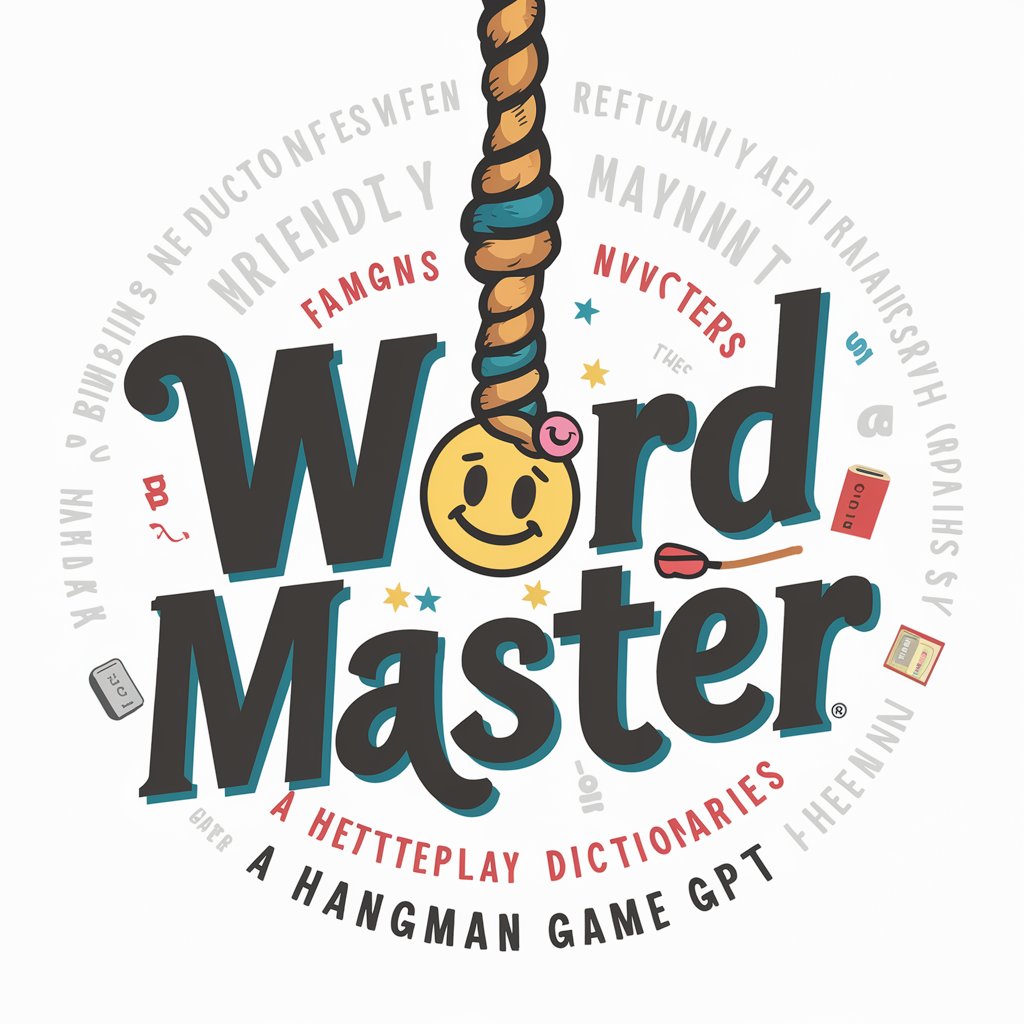
Guess the Word
Unleash your vocabulary with AI
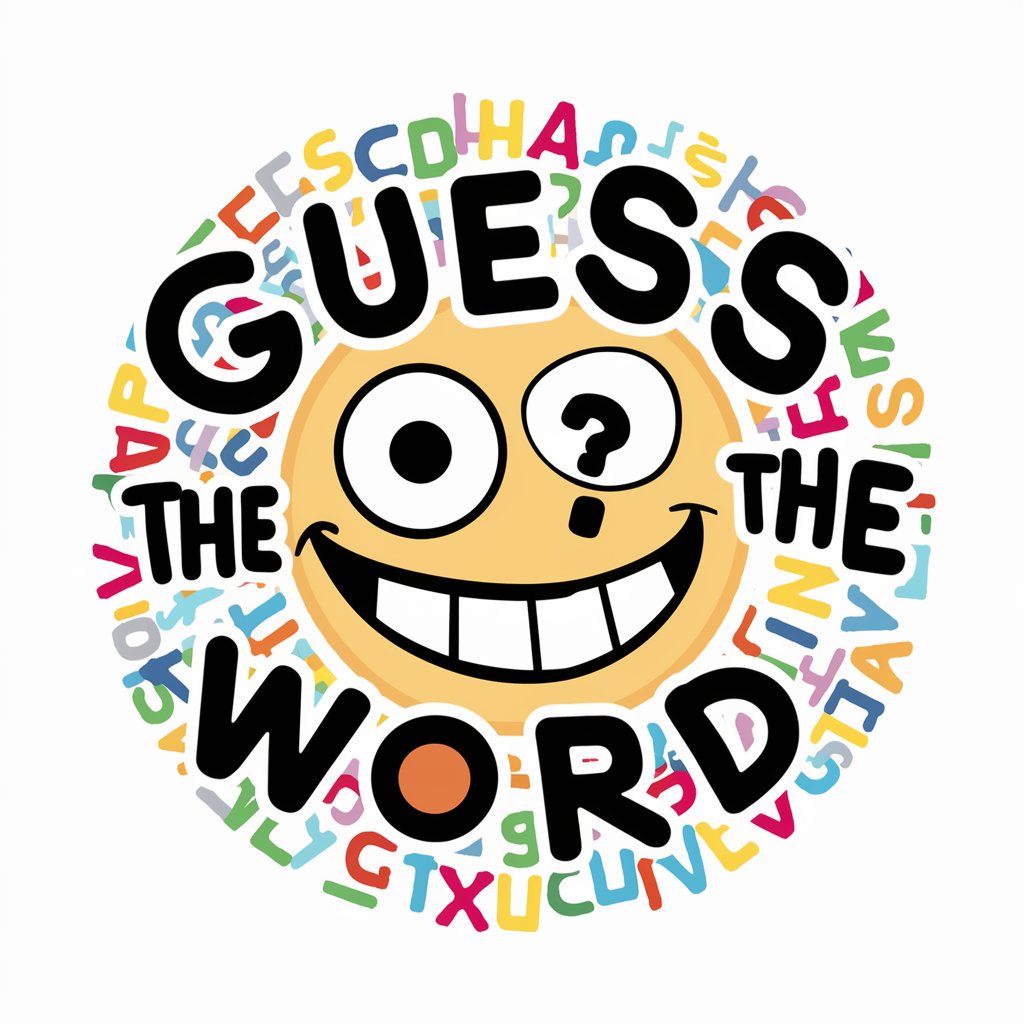
I
Explore the World of 'I' with AI

Q
Dive into 'Q': Unleash Linguistic Creativity
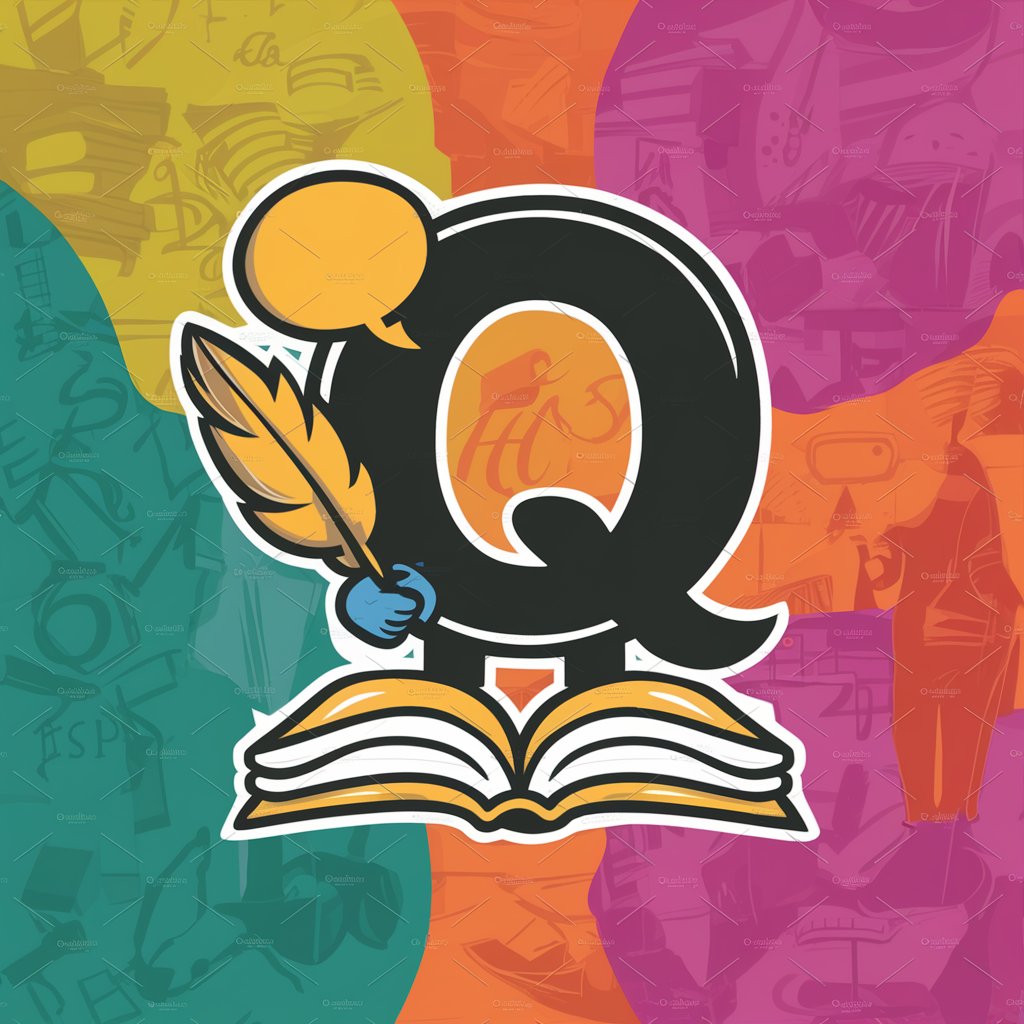
🎯 Hangman Expert Assistant 🤔
Master Hangman with AI
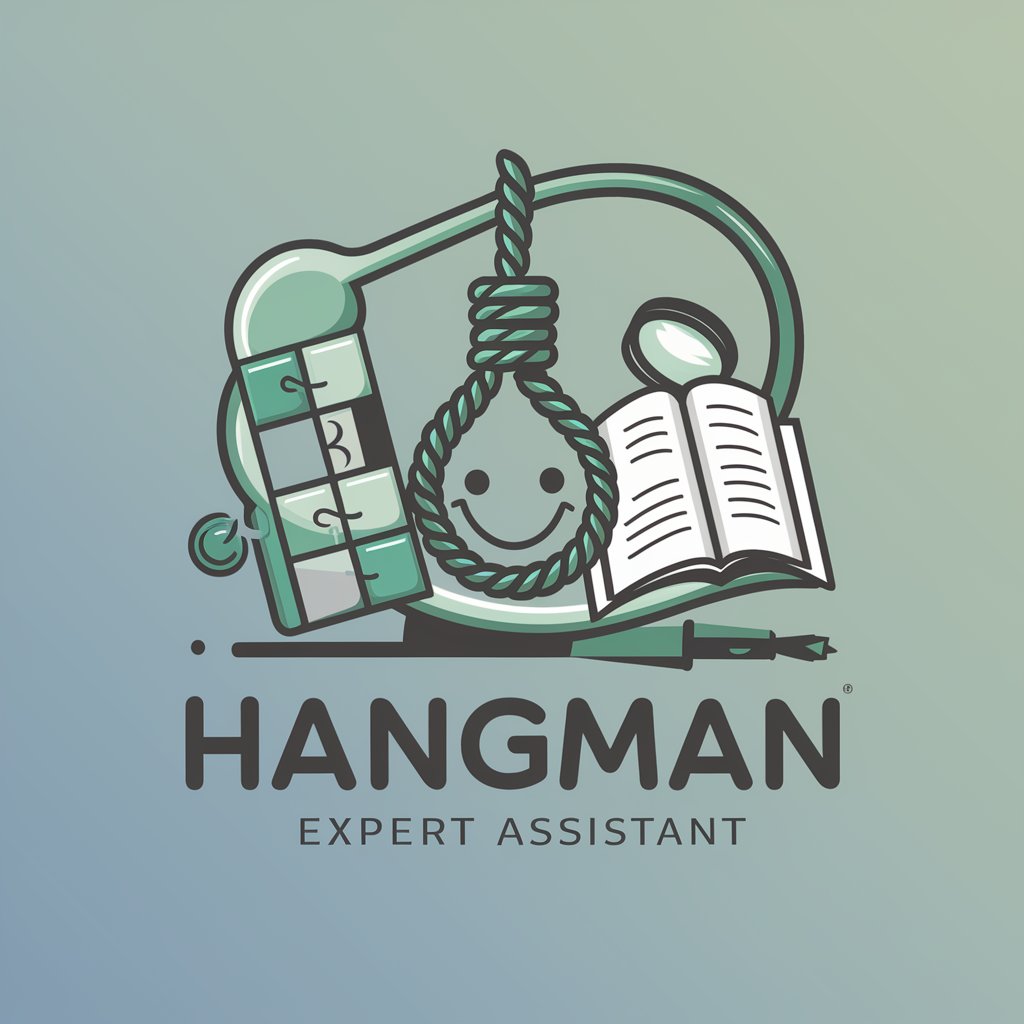
Key Attributes of Word Game AI Tools
These GPTs exhibit remarkable adaptability, capable of functioning across a broad spectrum of word games from simple crossword puzzles to complex linguistic challenges. Notable features include their ability to generate word lists, clues, and puzzles based on specified parameters, support in multiple languages, real-time problem-solving guidance, and the integration of educational content to aid language learning. Their technical support extends to web searching for game content creation, image generation for visual puzzles, and sophisticated data analysis for game optimization and personalization.
Who Benefits from Word Game AI Enhancements
The primary beneficiaries include word game enthusiasts seeking a richer gaming experience, educators incorporating language learning through games, and developers looking to create or enhance word game applications. These AI tools are user-friendly for non-programmers while offering extensive customization for developers, making them accessible and beneficial to a wide audience range.
Try Our other AI GPTs tools for Free
Spooky Fun
Dive into the world of AI GPTs for Spooky Fun – your gateway to exploring the supernatural with advanced AI technology. Generate eerie tales, spooky images, and get answers with a ghostly twist, all through an easy-to-use interface.
Family Dinners
Discover how AI GPTs revolutionize family dinners with personalized meal planning, dietary advice, and interactive cooking assistance, making mealtime easier and more enjoyable.
Ingredient Utilization
Discover how AI GPTs for Ingredient Utilization can transform your cooking and food management with innovative, sustainable solutions tailored to your needs.
Festive Meals
Discover how AI GPTs for Festive Meals can transform your holiday celebrations with personalized recipes, planning tools, and cultural insights, all at your fingertips.
International Cuisines
Discover the world of international cuisines with AI-powered tools designed to inspire, educate, and innovate. From recipes to culinary insights, explore global flavors effortlessly.
Educational Adventures
Discover how AI GPTs transform learning with personalized, engaging educational adventures. These tools offer dynamic content tailored to each learner, revolutionizing education.
Expanding Horizons with Word Game AI
Beyond gaming, these GPTs serve as dynamic tools in educational and content creation sectors, offering customizable solutions that adapt to various needs. Their user-friendly interfaces and potential for system integration highlight the transformative impact of AI in diversifying and enriching the word game landscape and beyond.
Frequently Asked Questions
What exactly are AI GPTs for Word Games?
AI GPTs for Word Games are specialized versions of generative pre-trained transformers tailored to create, solve, and enhance word-based puzzles and games through advanced natural language understanding and generation capabilities.
How can these AI tools improve my word game experience?
They can generate new puzzles, provide hints or solutions, create engaging content, and personalize the gaming experience based on individual skill levels and preferences.
Are these AI tools suitable for language learning?
Absolutely, they can be used to design educational word games that help with vocabulary building, grammar practice, and language comprehension in a fun and interactive way.
Can I integrate these AI tools into my existing game application?
Yes, they offer APIs and customization options that allow seamless integration into existing word game applications to enhance functionality and user engagement.
Do I need programming skills to use these AI GPTs for Word Games?
Not necessarily. These tools are designed to be user-friendly for non-programmers, with intuitive interfaces and pre-built functions. However, programming skills will enable more advanced customizations and integrations.
How do these tools handle multiple languages?
They are trained on diverse linguistic datasets, enabling them to support and generate content in multiple languages, making them versatile tools for global word game applications.
Is there technical support available for these AI tools?
Yes, most platforms offering these tools provide comprehensive technical support, including documentation, tutorials, and community forums, to assist users in maximizing their utility.
Can these AI GPTs generate images for visual word games?
Indeed, some of these AI tools come equipped with image generation capabilities, allowing them to create visual elements for games like pictorial crosswords or rebus puzzles.